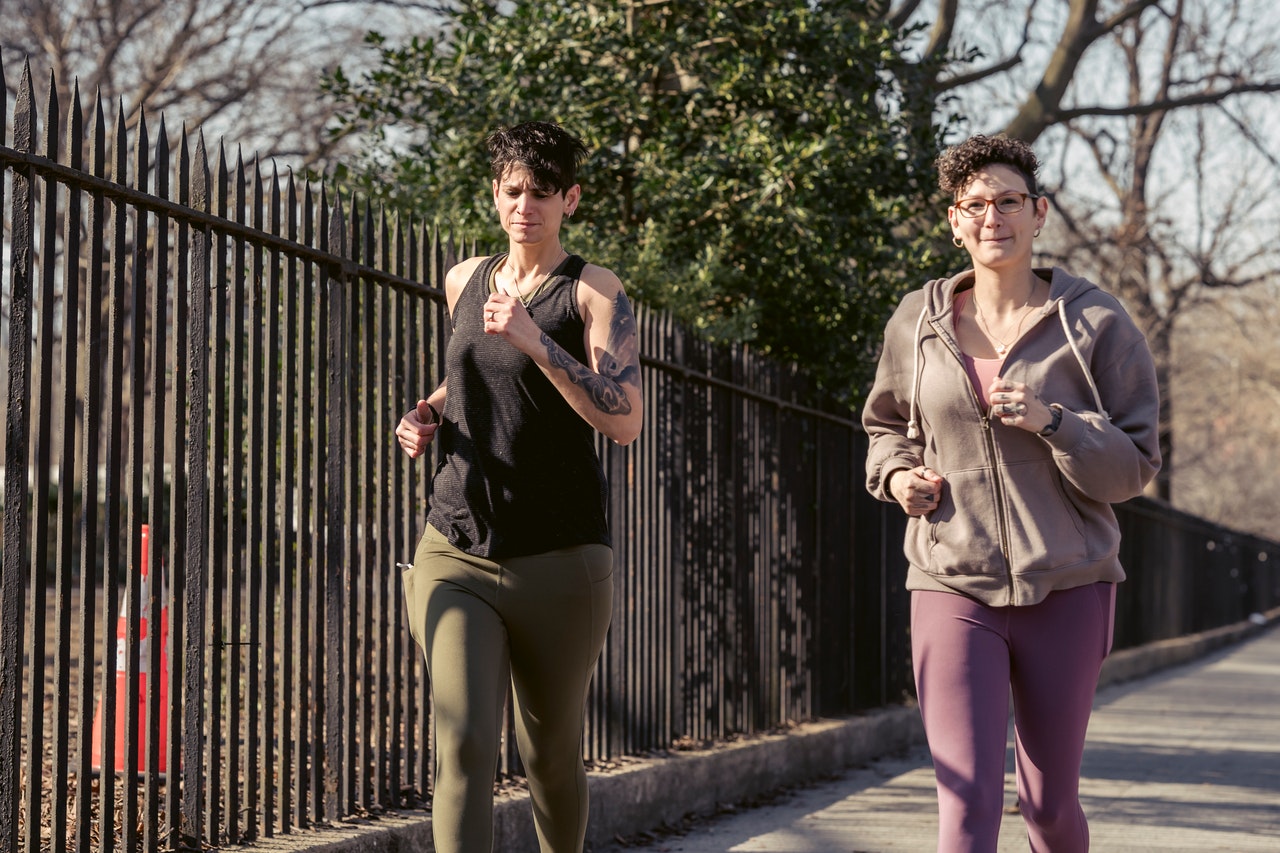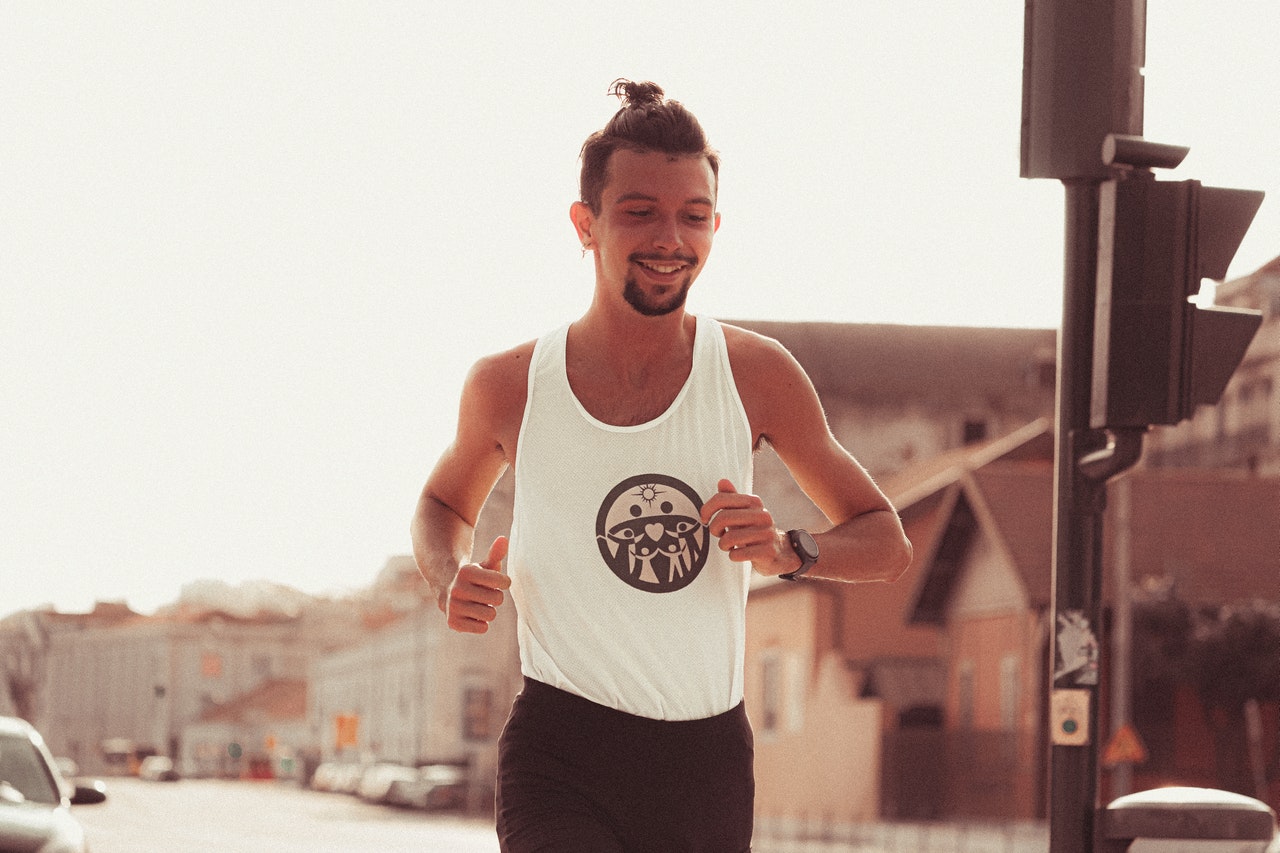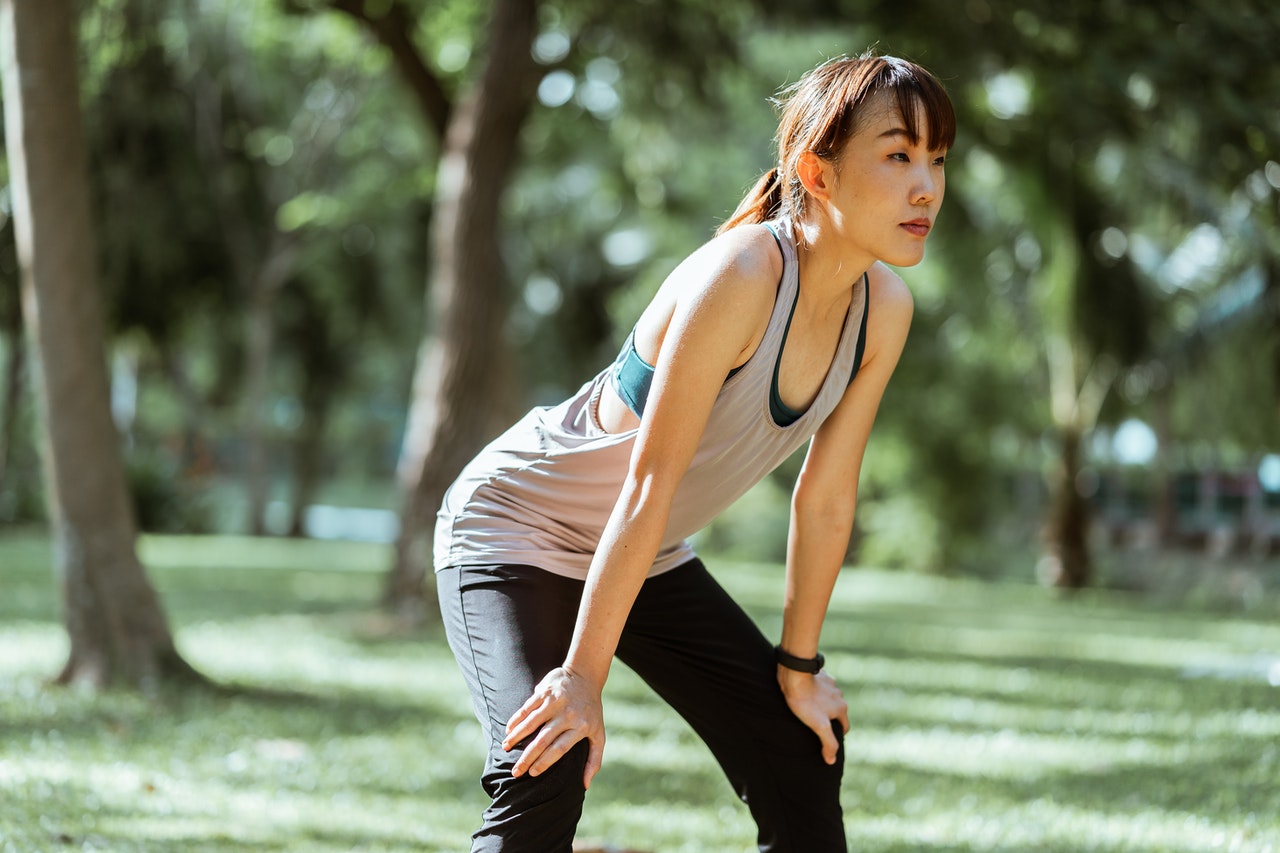It is proven that exercise is beneficial to one’s mental health:
What Are The Advantages Of Training On One’s Mental Health?
It’s not only about how fast you can run or how big your muscles get when exercising.
They have more stamina and energy during the day, which is beneficial for better sleep at night, improved recall, and a more optimistic outlook on life. Routine physical activity provides people with a tremendous sense of well-being.
You’ll feel better about yourself because it reduces stress, enhances your memory, aids your sleep, and lifts your spirits. Regular exercise can make a huge difference when it comes to depression, anxiety, and attention deficit hyperactivity disorder (ADHD).

According to research, even a small amount of physical activity can have a significant impact. You may learn to use Exercise as a strong tool to deal with mental health issues, regardless of your age or fitness level.
Depression And Physical Activity:
As an antidepressant medication, but without the negative effects. Major depression risk is reduced by 26% when people walk for an hour each day. Maintaining an exercise regimen can help you avoid relapsing, as well as relieve depressive symptoms.
Several factors make Exercise an effective depression fighter. What’s more, it stimulates a variety of alterations in the brain, such as new neuronal growth and activity patterns, as well as a reduction in inflammation.
Aside from providing a distraction, Exercise can help you disrupt the depression-feeding loof negative thoughts by giving you some alone time.
Anxiety And Physical Activity:
Exercise is a powerful anti-anxiety treatment since it is both natural and easy to do.
Getting up and exercising can help, but you’ll benefit more if you focus instead of drifting off to sleep. By releasing endorphins, it reduces stress and tension while also boosting physical and mental vigor. For instance, your breathing pattern or the sensation of the wind on your skin are examples of sensory experiences.
You’ll not only get in better shape faster by including this mindfulness factor and truly paying attention to your body and how it feels while you workout. However, you may be able to stop the steady stream of anxieties that go through your mind.

Stress And Physical Activity:
As a result of your strained muscles, you may experience back or neck pain or excruciating headaches. You may get chest pain, a racing heart, or cramping.
As a result of the anxiety and discomfort caused by these bodily symptoms, you may find yourself under an endless cycle of stress. Insomnia, heartburn, stomachache, diarrhea, and frequent urination are all possible side effects. Breaking the pattern of overeating and under-exercising can be accomplished by regular Exercise. Because the two are so intertwined, when you feel better physically, you will be happier mentally as well.
ADHD And Exercise Is A Type Of Physical Exercise:
Regular physical activity is one of the most straightforward and effective methods of weight loss. Effective strategies to minimize ADHD symptoms while also improving concentration, motivation, memory, and mood.
As soon as you start moving around, the brain’s dopamine, norepinephrine, and serotonin levels all rise. These three neurotransmitters help you concentrate and pay attention. The relationship between physical activity and post-traumatic stress disorder (PTSD) and trauma.
There is evidence to show that you can improve your results by paying close attention to your body and how it feels when exercising. To help your nervous system recover from PTSD or trauma, you can help it unstick by doing things like yoga or meditation.
Cross-training exercises are those in which you move your arms and legs at the same time.
A few of the greatest options for Exercise are brisk walking, running, swimming, weight training, or dancing.
Other Advantages Of Exercise For Mental Health Include
The benefits of regular physical activity can be felt even if you don’t suffer from a mental health condition like depression or anxiety. When you engage in physical activity, you may be able to.

Getting A Better Night’s Rest:
Doing even a little amount of physical activity in the morning or afternoon can help you sleep better. If you prefer to work out at night, try something calming like yoga. It is a better sense of self-worth.
Physical activity regularly is an investment in your health, well-being on all levels: mind, body, and spirit. As a habit, it can boost your self-esteem and give you a sense of strength and control. Even if your workout goals are modest, you’ll feel better about yourself due to reaching them.
Improved Recall And Clarity Of Thought:
Assist you in concentrating and staying cognitively alert during times of stress or difficulty completing activities. In addition to promoting the development of innovative technologies, products, brain cells, also exercise aids in preventing cognitive loss as we age.
A higher level of resiliency. You may build resilience and cope healthily when faced with mental or emotional obstacles in life by exercising.
This can only exacerbate your condition. Regular physical activity can also improve your immune system and lower your stress levels.
Increased Power:
Increase your heart rate a few times a week, and you’ll feel more energized by starting with a short session each day and working your way up. Recognizing and overcoming barriers to physical activity.
Even when you know that exercising will make you feel better. Exercise can be difficult, especially if you’re dealing with a mental health problem.
I’m completely spent. The opposite seems true: exercising out while you’re tired, unhappy, or upset will only make you feel worse. Regular physical activity has been shown in studies to reduce weariness and increase energy significantly. You’ll likely have more energy and be able to walk for longer once you get exercising.
I’m Completely Exhausted:
The idea of taking on another commitment can seem daunting. It doesn’t seem logical to engage in physical activity. Finding child care while exercising can be difficult if you have children. Even if your calendar is jam-packed, you’ll soon discover methods to squeeze in tiny amounts of Exercise.

I’m Down In The Dumps:
Even if you’ve never worked out before, there are still options for you. Begin with simple, low-impact activities such as walking or dancing for a few minutes each day. Everyone is in the same boat, no matter their size, age, or fitness level. You’ll acquire confidence in your physique and your self-perception if you succeed in even the tiniest fitness goals.
Experiencing Discomfort:
A doctor can advise you on safely exercising if you have a disability, a serious weight problem, or a disease such as arthritis. Do what you can when you can, but don’t disregard the pain.
If it helps, break up your workouts into smaller, more frequent sessions. You can also try exercising in water to ease joint and muscle pain.



